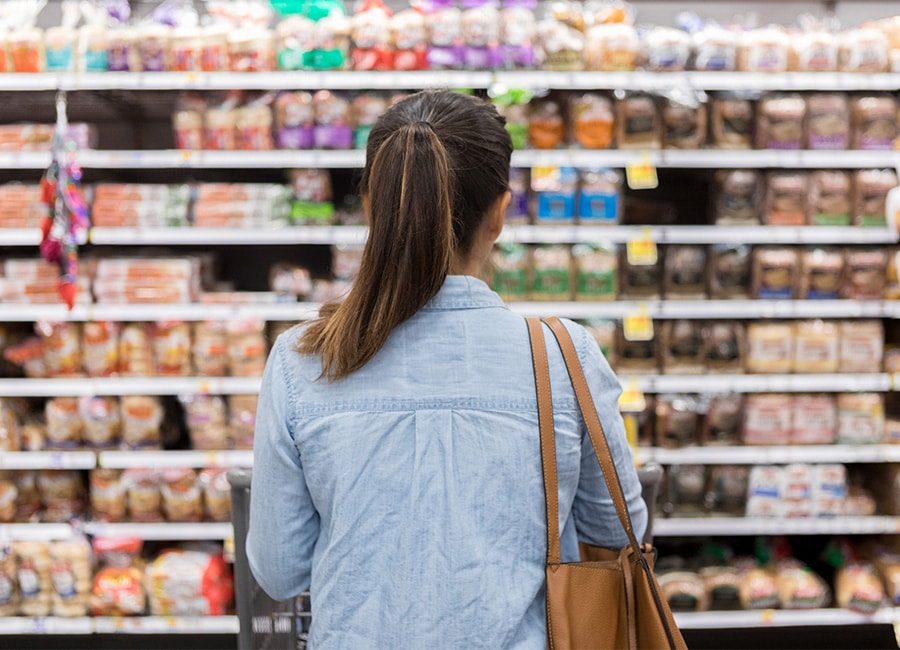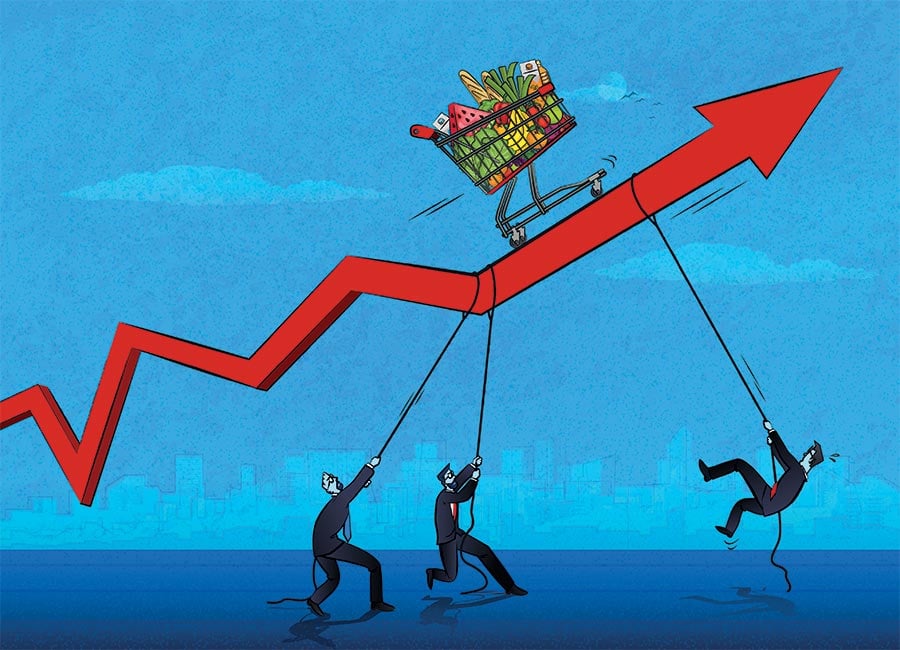Inflation in the price of groceries hit 11% in early September, the highest level recorded since Kantar first started tracking grocery price inflation 14 years ago.
Figures from the consultants for the 12 weeks to 4 September show that the price of back-to-school essentials such as bread, ham, cheese, yoghurt, cereal and milk rose by 19.5% or €2 more expensive than this time last year.
The price of bread has risen 20%, while ham is 12% more expensive, milk is up 26% and yoghurt prices have increased 17%, with shoppers having spent an additional €17m on those products compared to the same time in 2021 despite sales volumes falling 6%.
Kantar said the average annual grocery bill could increase by €768 this year, rising from €6,985 to €7,753 if consumers don't make changes to what they buy or where they shop.
Sales of own-label products increased 5.8%, equating to an additional annual spend of €72m, while value own-label ranges saw growth of 21.4% as shoppers spent an extra €10.2m on the cheapest products.

The cost of living squeeze has also caused some consumers to shop online, with sales volumes up 2.9% or €6.8m. Around 12% of Irish shoppers now purchase groceries online.
All the major supermarkets grew their market share over the 12-week survey period. Market leader Dunnes Stores now has a 22.3% share of the market, ahead of Tesco (21.9%), SuperValu (21.4%), Lidl (13.2%) and Aldi (12.7%).
Dunnes saw annual sales growth of 7.2% following increases in new shoppers (+4.7%), shopping trips (+1.7%) and sales of its own-label items (+13%), while Lidl (+3.5%) and Aldi (+1.4%) both saw sales bumps.
Similarly, sales at Tesco rose 3.9% year-on-year as shoppers returned to stores more often (+6.6%), while customers of SuperValu make more trips than those of any other retailers, with an average of 21.5 trips made in the last 12 weeks.











